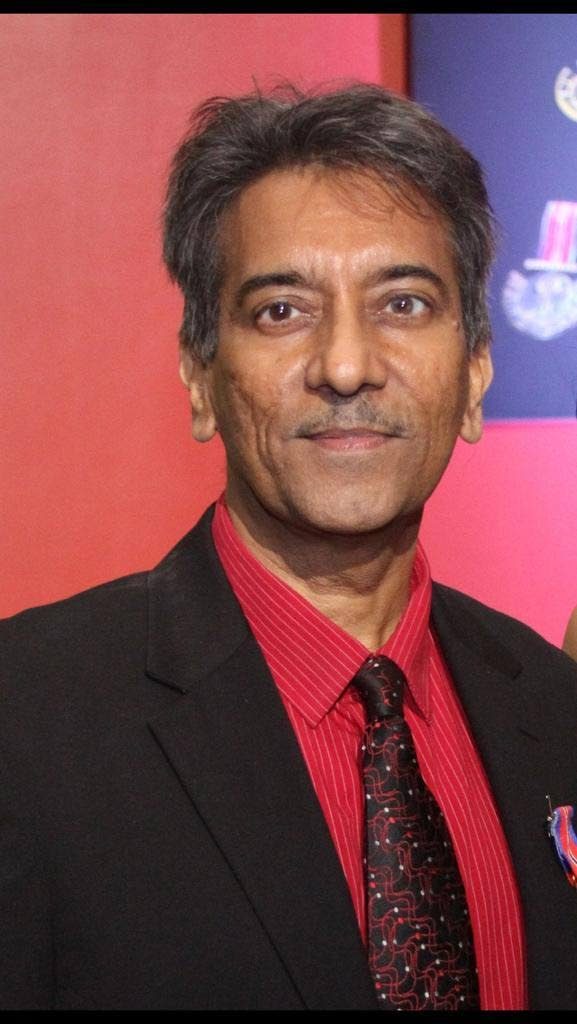(Trinidad Express) Make certain soca songs and calypsoes age-defined.
This call came from Independent Senator Varma Deyalsingh as he contributed to the National Academy for the Performing Arts (NAPA) Bill, 2022, in the Senate on Tuesday.
The Bill seeks to establish a body corporate for the National Academy for the Performing Arts, and for the administration, management and control of NAPA for the promotion and development of culture and the arts, and to provide state-of-the-art facilities in Trinidad and Tobago.
Deyalsingh said certain songs were not age-appropriate. He said he loved that “lovely song” “Dollar Wine” but when he saw Standard Five children doing it, he was shocked because it was not age-appropriate.
So this body would have to look at making certain songs age-appropriate and ensuring that children do not perform to certain songs, just like you have certain movies that are for audiences 18 years and over, he said.
Deyalsingh said a member of the Inter-Religious Organisation (IRO) “who has a greater sense of morality” should be on the NAPA board. He also wanted someone from the NCIC (National Council of Indian Culture) to ensure inclusivity of East Indian culture.
“I often wonder what happened to all the artistes I used to see in Mastana Bahar? They are not seen in the public domain, like they are hidden away and cast aside,” he said, adding that the presence of someone from NCIC could lead to the engagement of such artistes.
“If you have the (NAPA) board and it is taxpayers’ money and they are promoting music with wine and jam and alcohol, things that I don’t like, could I object… If you are using taxpayers’ money you should have a better civic and social responsibility where certain songs like the wine and jam are not benefiting from taxpayers’ money. Let us say I am a Muslim and don’t like to show my body and you are using my taxpayers’ money, I could be a bit upset. So you have to balance certain things.”
Deyalsingh also called for a more inclusive policy which could put an end to persons saying that there is discrimination in culture.
Quoting from a paper which contended that there was “a marked favouritism towards creole culture”, he said there was an “undercurrent” of East Indians feeling that they are not included in national culture.
He said if persons feel that they are not represented in a main current stream, there would be discontent. He said this should be a consideration in the composition of the boards.
“You might not like East Indian music, but others may like it, so put them in there,” he said.
Deyalsingh also said he did not see the need for SAPA (Southern Academy for the Performing Arts) and NAPA, since T&T was small enough to have one body. He said the other advantage was cost because you have to appoint board members for the two bodies. He also called for Tobago to have representation.
“The new body should not only look at Indian, Chinese, Bobo Shanti, but also Tobago culture,” he said.
He also called for the involvement of the University of Trinidad and Tobago (UTT) which would bring the offering of not just pan but the harmonium and other types of training.






